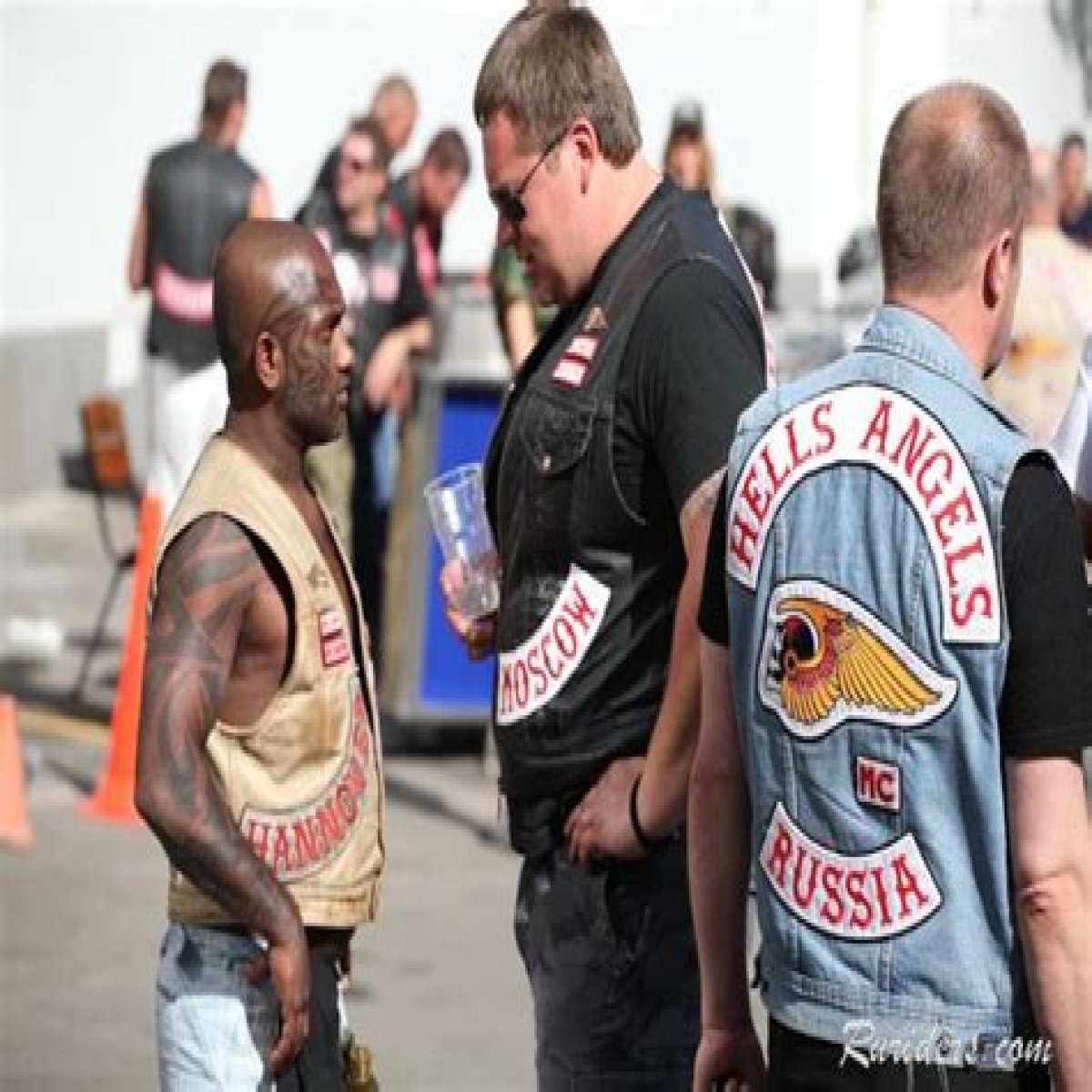The Hells Angels Motorcycle Club (HAMC) is one of the most notorious motorcycle clubs in history, known for its rebellious spirit and brotherhood. While much of the club's identity has been tied to its predominantly white membership, the presence of black members within the Hells Angels adds a unique layer to its narrative. The exploration of Hells Angels black members not only challenges stereotypes but also highlights the complexities of race and identity within motorcycle culture.
As society continues to evolve, the Hells Angels have also seen shifts in their demographic landscape. Black members have become an integral part of this iconic club, defying the traditional norms and expectations associated with biker culture. Their stories often reflect resilience and a deep passion for the motorcycle lifestyle, contributing to the rich tapestry of the Hells Angels' legacy.
In this article, we will delve into the world of Hells Angels black members, examining their experiences, contributions, and the challenges they face. From personal narratives to broader societal implications, we aim to provide a comprehensive understanding of what it means to be a black member of the Hells Angels. Join us as we navigate through this fascinating subject and uncover the stories that lie beneath the surface.
- Who are the Hells Angels Black Members?
- What Impact Have Black Members Had on the Hells Angels?
- What are the Challenges Faced by Hells Angels Black Members?
- How Do Hells Angels Black Members Contribute to the Club’s Culture?
- What Are Some Notable Black Members of the Hells Angels?
- How Do Hells Angels Black Members Navigate Their Identity?
- What Does the Future Hold for Hells Angels Black Members?
- Conclusion: Embracing Diversity in the Hells Angels
Who are the Hells Angels Black Members?
The Hells Angels, founded in 1948, initially catered to a predominantly white demographic. Over the decades, however, the club has seen an influx of diverse members, including black bikers who have made significant contributions to its culture and community.
What Impact Have Black Members Had on the Hells Angels?
Black members have played a crucial role in reshaping the public perception of the Hells Angels. Their involvement has not only contributed to a more inclusive environment but has also influenced the club's activities and outreach. Some of the impacts include:
- Greater representation within the club.
- Challenging stereotypes associated with both black individuals and motorcycle culture.
- Creating a network of support for other black bikers.
What are the Challenges Faced by Hells Angels Black Members?
Despite the progressive changes within the Hells Angels, black members often encounter unique challenges. These can include:
- Racism and prejudice from outside the club.
- Struggles with acceptance within the club.
- Navigating societal expectations and stereotypes.
How Do Hells Angels Black Members Contribute to the Club’s Culture?
Black members of the Hells Angels contribute to the club’s culture in numerous ways. Their perspectives and experiences enrich the club's identity and foster a sense of unity among members. Contributions can be seen in various forms, including:
- Organizing events and rides that promote inclusion.
- Sharing their unique cultural backgrounds through storytelling and traditions.
- Mentoring younger or newer members, fostering a sense of community.
What Are Some Notable Black Members of the Hells Angels?
While detailed information about individual members is often kept private, there are some notable figures within the Hells Angels community who have made a mark. Here’s a brief biography of one such individual:
| Name | Nickname | Years Active | Contributions |
|---|---|---|---|
| James "Black Ace" Johnson | Black Ace | 2000 - Present | Advocacy for diversity within motorcycle culture. |
How Do Hells Angels Black Members Navigate Their Identity?
Navigating identity as a black member of the Hells Angels can be complex. Many members find themselves balancing their cultural heritage with their biker lifestyle. This duality often leads to a rich and multifaceted identity that challenges conventional norms.
What Does the Future Hold for Hells Angels Black Members?
The future for Hells Angels black members appears promising, as the club continues to evolve. Increased diversity and a commitment to inclusivity are paving the way for more black bikers to join and thrive within the Hells Angels community.
Conclusion: Embracing Diversity in the Hells Angels
In conclusion, the presence of black members within the Hells Angels Motorcycle Club is a testament to the changing dynamics of motorcycle culture. As these individuals continue to make their mark, they not only enrich the club but also challenge the broader societal perceptions of race and identity in the biker community. The journey of Hells Angels black members is one of resilience, pride, and a shared love for the open road.
Unveiling The World Of Mom XCX: A Journey Through Music And LifeDerek Chauvin: The Financial Aftermath Of A Controversial FigureDiscovering The Legacy: Selena Gomez's Grandparents
